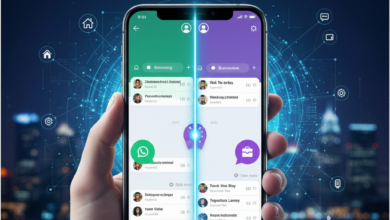Digital Security Experts Warn: Dangerous Apps On Everyone’s Phone
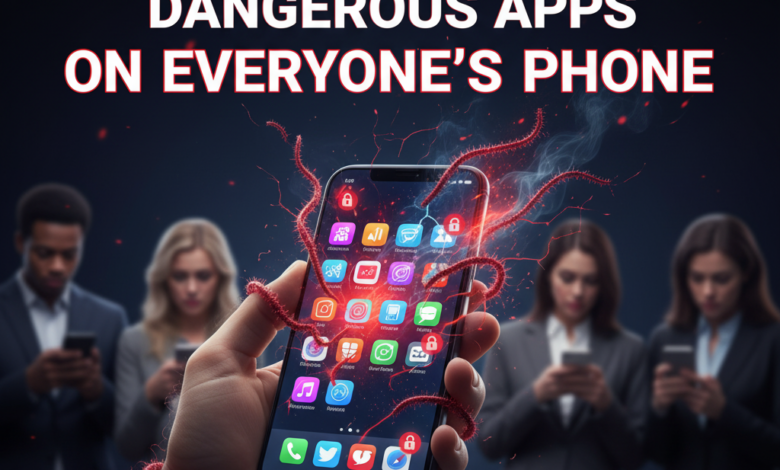
Big Tech Privacy Scandals Exposed: From Siri To Tiktok, Users Are Under Surveillance
SAN FRANCISCO / ANKARA – As smartphones, apps, and social media platforms are central to our lives, a chain of warnings and scandals revealed by digital security experts shows how comprehensively we are monitored through our devices. These incidents, compiled under the title Big Tech Privacy Scandals, demonstrate that even the world’s largest corporations are violating user privacy.
🍎 2019 Apple’s Siri Voice Recordings (Including Private Conversations) Were Listened To By Others For Performance Improvement
This scandal, which erupted in 2019, severely damaged Apple’s reputation regarding privacy.
- Scandal Detail: Apple was collecting users’ voice commands and responses via Siri. However, it was found that these recordings were sent to third-party contractors (not direct Apple employees) to be listened to for the purpose of improving the AI’s performance.
- Sensitive Data Breach: The intercepted recordings included sensitive content such as financial transactions, confidential health information, and private, intimate conversations.
- Result: Following massive public outcry, Apple temporarily suspended this practice and later released updates requiring users to provide explicit consent for their voice recordings to be reviewed.

🌐 Google Chrome’s Incognito Tab Is Not As Private As You Think
Google Chrome’s “Incognito Mode” gives users a false sense of security.
- False Perception: Users believe they are completely untraceable online when they activate this mode. The tab only deletes the user’s search history and cookies on the device itself.
- The Real Breach: Information revealed that Incognito Mode does not prevent tracking by Internet Service Providers (ISPs), the websites visited, and Google’s other services. Consequently, activities performed in Incognito Mode do not remain entirely private, leading to class-action lawsuits against Google.
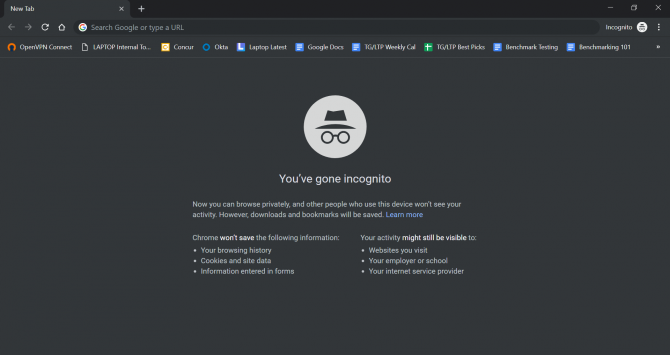
⚖️ Meta (Instagram/Facebook) Violated EU Data Rules With The “Pay Or Consent” Model
Social media giant Meta took a controversial step in response to the European Union’s strict privacy laws.
- New Model: Meta offered EU users a choice: either pay a monthly subscription fee (“Pay”) to avoid personalized ads, or grant consent (“Consent”) to have their data collected and be exposed to advertisements.
- Legal Violation: Digital rights groups and regulators argue that this “Pay or Consent” model violates the core principle of “freely given consent” in the EU’s General Data Protection Regulation (GDPR). Users felt compelled to choose data sharing to continue using the service.
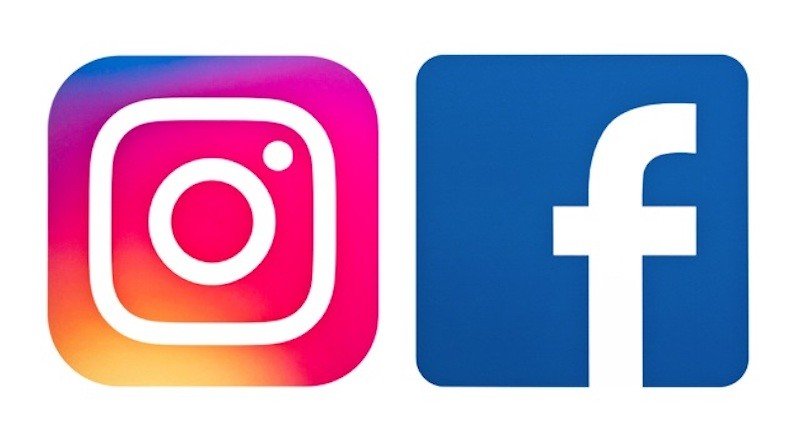
🇨🇳 TikTok Is Criticized Due To Its Connections To The Chinese Government And Data Sharing Allegations
Despite its global popularity, the video-sharing giant TikTok is accused of posing national security risks.
- Geopolitical Risk: Due to the app’s links with its China-based parent company, ByteDance, the US and other Western countries expressed concerns that user data (location, biometric data, messages) could be shared with the Chinese government.
- Confirmed Data Collection: Reports indicate that TikTok collects significantly more data from users’ devices—especially young users—than is necessary for the app’s operation. This situation has triggered debates about banning the application entirely or partially in various countries.
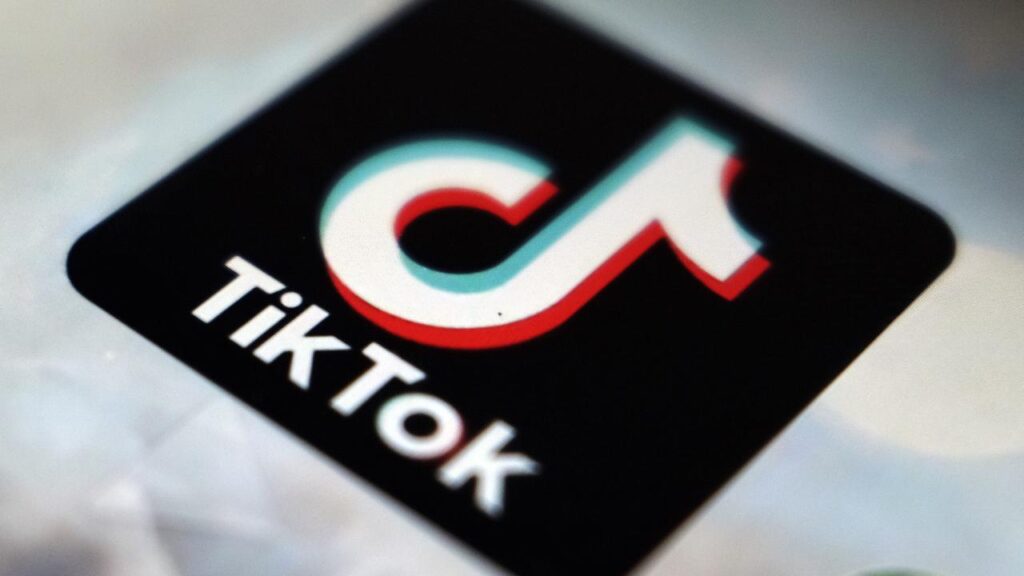
💼 LinkedIn’s iPhone Application Collects Extensive User Data Including Work History And Contacts
The scope of data collection by the professional networking site LinkedIn is also raising user concerns.
- Unnecessary Scope: The Microsoft-owned LinkedIn iPhone app was found to collect comprehensive data, including detailed work histories, email addresses, and all contact information on the device, often exceeding what is strictly necessary for professional networking.
- Risk: This situation creates serious question marks regarding the security of such extensive and sensitive professional data against cyberattacks or third-party disclosure.

🔓 What Happens To Your Data From Free VPN Applications Is Not Clear
One of the biggest digital security paradoxes concerns tools expected to protect privacy.
- Privacy Violation: Cybersecurity experts have repeatedly proven that hundreds of free VPN (Virtual Private Network) applications, contrary to their promises of encryption and anonymity, often log user internet traffic, sell the collected data to advertisers, or even inject malware onto devices. As a result, the true cost of “free” VPNs is paid with your personal data.

🛡️ SO, HOW DO YOU PROTECT YOUR DATA?
Experts outline the fundamental and practical steps users must take in response to these pervasive Big Tech Privacy Scandals:
- Limit App Permissions: Regularly review all permissions granted to applications in your phone’s Settings. Immediately disable permissions that are unnecessary for an app’s basic function (e.g., a flashlight app accessing the microphone).
- Avoid Free VPNs: Absolutely avoid free and untrustworthy VPNs for operations requiring privacy (banking, sensitive communication). Choose reputable, paid VPN services instead.
- Double-Check: Before downloading apps, even from official stores, check their data collection policies and user reviews. An excessive appetite for data collection is always a warning sign.
- Alternative Browsers: Consider switching from major browsers like Chrome to alternatives that prioritize privacy by default (e.g., DuckDuckGo or Firefox) to reduce the surveillance area controlled by Big Tech.
These steps empower users to increase their digital literacy, enabling them to significantly limit the scope of surveillance by major technology companies at a personal level.





